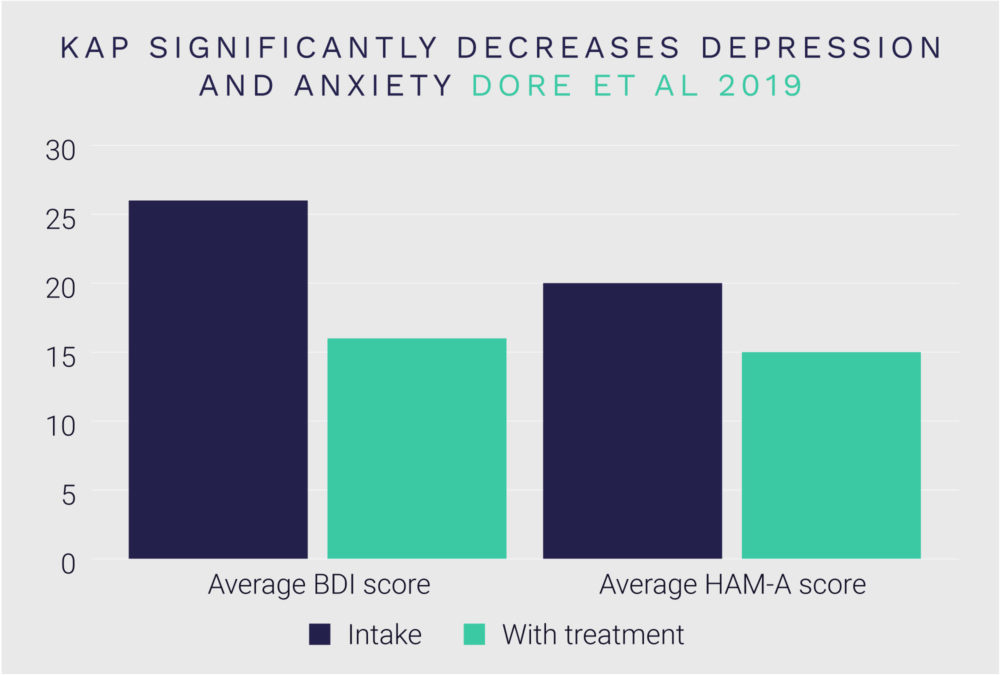Ketamine is a medication that has been used since 1970 as an anesthetic. The World Health Organization has it on their list of essential medications. It is used in emergency medicine and minor surgical procedures for pain relief. Ketamine can be easily dosed and injected, reliably produces anesthesia with dissociation, and is safe with proper medical supervision.
Here’s what’s so exciting that’s relevant to you…
Ketamine is a rapid-acting extremely effective intervention to address treatment-resistant depression and shows promise for Post Traumatic Stress Disorder (PTSD), as well as Obsessive Compulsive Disorder, with a mechanism completely different from all other antidepressant medications. Ketamine remains off-label for the treatment of depression.
First of all, ketamine enhances neuroplasticity by significantly increasing Brain-Derived Neurotrophic Factor [1] , a key brain hormone which can promote reversal of the loss of connectivity between neurons caused by chronic depression. Second, ketamine normalizes activity of the default mode network [2] , the brain network responsible for obsessive negative thinking in depression, creating an opportunity to get unstuck and regain hope. Third, ketamine blocks receptors for glutamate [3] , a neurotransmitter associated with brain excitotoxicity and inflammation. All of these mechanisms appear to play a significant role in the rapid antidepressant effects of ketamine.
